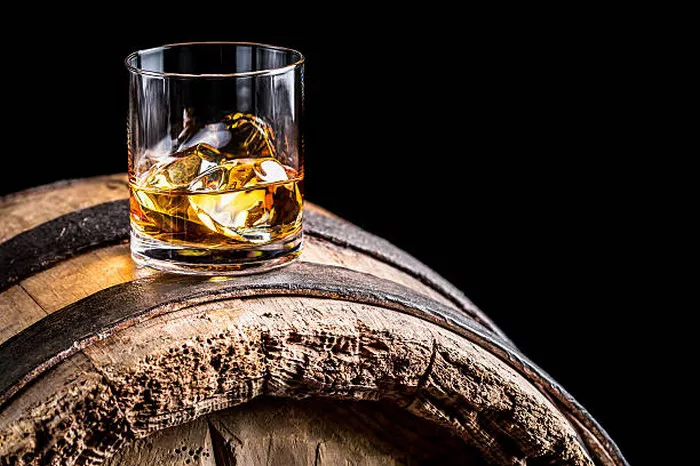Scotch, a renowned whisky beloved for its rich flavors and cultural significance, has a heritage deeply rooted in the landscapes of Scotland. In this comprehensive article, we’ll delve into the world of Scotch whisky and explore the intricate details of its composition and production process. By understanding what Scotch is made from, you’ll gain insights into the craftsmanship that goes into every bottle.
1. The Essence of Scotch Ingredients
Scotch whisky’s distinct attributes are owed to the ingredients that form its foundation. The primary components that contribute to its complexity are:
Barley: Barley is the cornerstone of traditional Scotch production. It’s malted, a process that involves soaking, germinating, and drying the grains to convert starches into fermentable sugars.
Water: The purity of Scotland’s abundant freshwater sources, often derived from springs or lochs, is crucial for both mashing the barley and diluting the final spirit.
Yeast: Yeast is responsible for fermenting the sugars in the malted barley, creating alcohol and a diverse array of flavor compounds.
2. Mashing and Fermentation
The transformation from barley to Scotch involves mashing and fermentation, essential steps in whisky production.
Mashing: The malted barley is ground into grist, mixed with hot water, and steeped to extract sugars. This sugary liquid, known as wort, is then separated from the solid husks.
Fermentation: The wort is cooled and transferred to fermentation vessels, where yeast is added. The yeast consumes the sugars, producing alcohol and a range of aromatic compounds.
Long Fermentation: The prolonged fermentation process allows for the development of complex flavors, contributing to the unique character of the whisky.
3. Distillation and the Heart of Scotch
The distillation process is a pivotal stage that refines the raw liquid into the essence of Scotch whisky.
Pot Still Distillation: Most Scotch is distilled using pot stills, which retain more flavor and character from the original ingredients. This results in a rich, textured spirit.
Two Distillation Runs: The distillation process often involves two separate runs: the wash distillation and the spirit distillation. The second run, spirit distillation, is where the heart of the whisky is collected.
Cutting the Heart: During spirit distillation, the initial and final portions (the “heads” and “tails”) are discarded, and only the “heart” of the distillate is collected. This ensures a clean and flavorful spirit.
4. Maturation in Oak Casks
A defining characteristic of Scotch whisky is its maturation in oak casks, a process that imparts color, flavor, and character.
Oak Casks: Typically, Scotch is aged in oak casks that were previously used for aging other spirits or wines. The porous nature of oak allows the spirit to interact with the wood.
Flavor Extraction: The whisky draws flavors from the wood, such as vanilla, caramel, and spices. The interaction with the air through the cask’s staves further contributes to the maturation process.
Aging Duration: Scotch whisky must be aged for a minimum of three years, but many varieties are aged for much longer to achieve desired flavor profiles.
5. Regional Influence and Scotch Styles
The different regions of Scotland impart their distinct characteristics to the whisky, leading to various styles and flavor profiles.
Highlands: Known for a diverse range of flavors, from fruity to peaty, Highlands whiskies are influenced by their varied landscapes.
Islay: Islay whiskies are famous for their peaty and smoky profiles, thanks to the island’s abundant peat bogs.
Speyside: Located near the River Spey, this region produces a significant portion of Scotland’s whisky. Speyside whiskies are often characterized by their elegant and complex nature.
Conclusion:
Scotch whisky’s allure lies not only in its captivating flavors but also in the meticulous process and selection of ingredients that define its essence.You’ll appreciate the craftsmanship that transforms barley, water, yeast, and time into the cherished spirit known as Scotch whisky.


